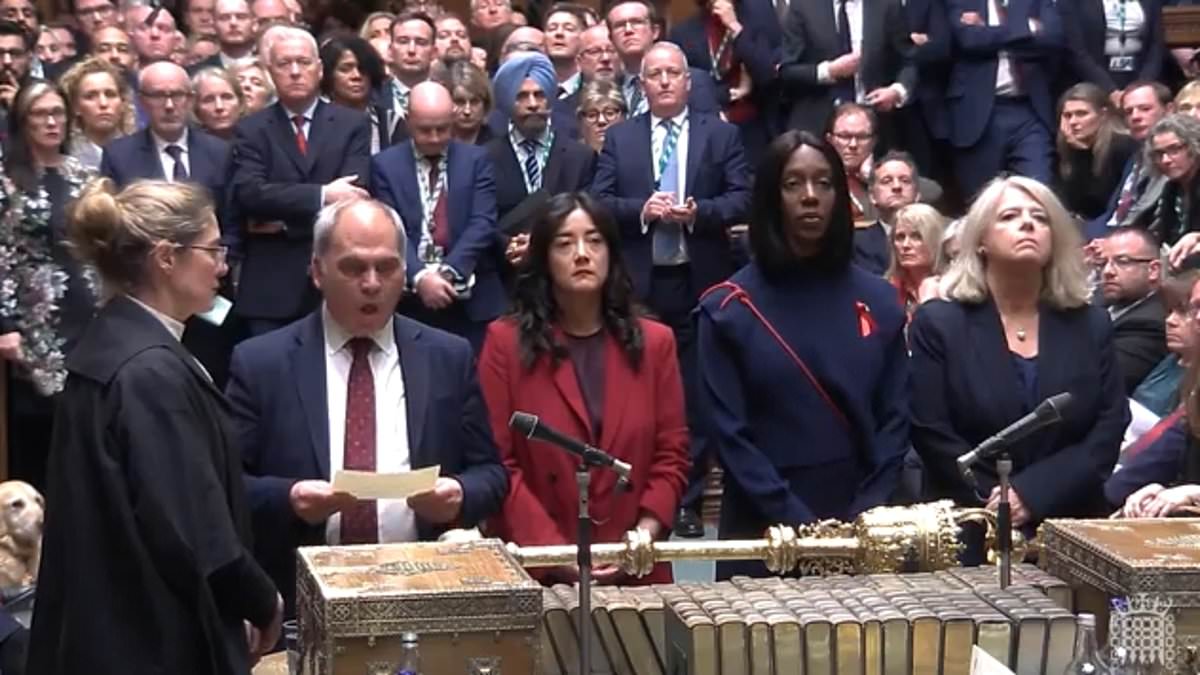MPs today took the first step in passing one of the most historic pieces of legislation in the last decade.
The Commons approved the second reading of the Terminally Ill Adults (End of Life) Bill — which argues for the right for patients with less than six months to live to seek an assisted death in England.
The result was won by a narrow majority — 330 votes to 275, with Prime Minister Keir Starmer among the politicians in favour.
But today’s events do not mean that assisted dying in England is a certainty.
The nation will not know if assisted dying will be enshrined into law until next year at the earliest.
This is because the bill will now go to a committee stage where MPs can table amendments, before facing further scrutiny and votes in both the Commons and the House of Lords.
Labour MP Kim Leadbeater, who introduced the Bill to Parliament, has said it would likely be a further two years from then for an assisted dying service to be in place.
But if the law is ultimately passed, what will it mean, in practise?

MPs have voted 330 to 275 in favour of assisted dying, although we won’t know if the Bill becomes a law until at least next year.
The Bill includes a number of stipulations regarding who would be able to seek assistance with ending their life, and how they could do so.
First, two independent doctors must confirm that the patient fits the following criteria.
Those who qualify must be over 18, live in England and Wales, and have been registered with a GP for the last year.
They must be deemed to have mental capacity to make the choice to end their own life, and not be pressured into doing so by others.
A medical team must have calculated a bleak prognosis — less than six months.
The patient must also make two seperate declarations of their wish to die to ensure the decision has been adequately considered.
If the medics feel the patient is eligible, the case is referred to a High Court judge who makes the ultimate call.
At least two weeks after a positive ruling, a patient is permitted to take their own life with the help of a doctor.

The House of Commons approved the second reading of the Terminally Ill Adults (End of Life) Bill with a majority of 55 to continue its progress through Parliament

Activists supporting the Dignity in Dying campaign group protest on Parliament Square ahead of today’s vote
The medic would prepare the lethal medication, although the patient administers it themselves.
The Bill does not clarity the exact circumstances of the death, including which medication is given and whether or not a patient would have to be in a medical setting.
Concerns have been raised that ‘gaps’ in the legislation would put vulnerable patients at risk of ill-thought-out decisions.
For instance, it emerged earlier this month that doctors will be allowed to broach the topic of assisted suicide with patients even if they have not mentioned it themselves.
And anyone who wants help dying will be allowed to ‘shop around’ until they find a medic who will sign off their application if their first choice is unable or unwilling to do the job.

In total, 236 Labour MPs supported the Bill alongside 23 Tories, 61 Liberal Democrats, and three Reform UK MPs
There have also been concerns raised about the reliability of doctors’ prognoses, given occasions when they have been incorrect, and patients have lived for longer than predicted.
A recent analysis published by The Telegraph suggested half of patients told they’d only live for six months outlived the expectation.
Veteran Tory MP Sir Edward Leigh said: ‘The promised safeguards do nothing to prevent the abuses we’ve seen in Canada. Vulnerable people need our protection. This bill is not the answer.’
A recent survey found that 70 per cent of people in England support a change in the law, with just 14 per cent opposed.








